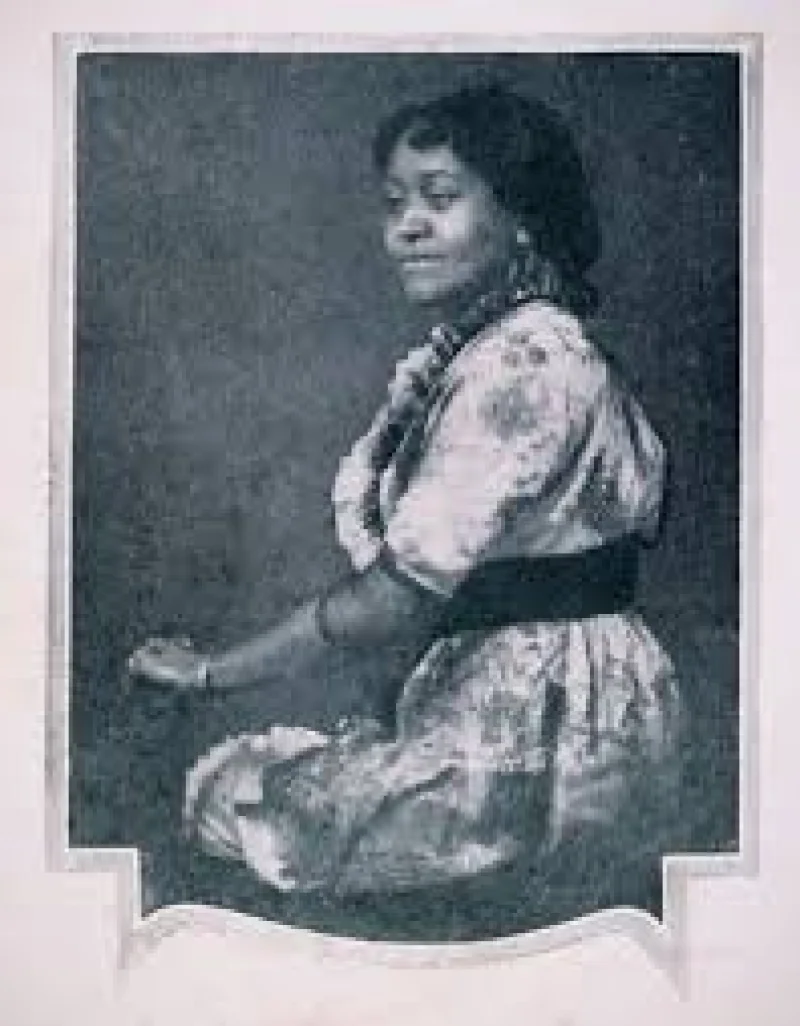Short Summary
Jack Horner is a renowned American paleontologist known for his groundbreaking work in dinosaur research. He is best known for his discovery of dinosaur nesting grounds and evidence that some dinosaurs cared for their young. Horner's pioneering studies have significantly advanced the understanding of dinosaur behavior and biology, making him a key figure in paleontology. His contributions have also inspired popular culture, notably serving as a technical advisor for the "Jurassic Park" film series.
Early Life & Education
Born on June 15, 1946, in Shelby, Montana, Jack Horner developed an early interest in dinosaurs. Raised in the Big Sky Country of Montana, he spent much of his childhood exploring the outdoors and collecting fossils. His passion for paleontology was evident from a young age. Despite struggling with dyslexia, Horner attended the University of Montana, where he studied geology and zoology, though he did not complete his degree. His determination and hands-on experience in the field propelled him into a successful career in paleontology.
Career Highlights
Horner's career took off when he discovered a nest of dinosaur eggs in Montana in the late 1970s, providing the first evidence of parental care among dinosaurs. He worked extensively at the Museum of the Rockies in Bozeman, Montana, where he served as the curator of paleontology. Horner's work with dinosaur growth patterns challenged previous theories, suggesting that some species, such as Tyrannosaurus rex, had much different life stages than previously thought. His advisory role on the "Jurassic Park" films brought scientific authenticity to the portrayal of dinosaurs in popular media.
Major Achievements
- Discovered the first dinosaur nesting grounds, providing evidence of social behavior in dinosaurs.
- Developed the theory that some dinosaurs, like the T. rex, were scavengers rather than predators.
- Authored several influential books and papers on dinosaur growth and behavior.
- Served as a technical advisor for the "Jurassic Park" film series, influencing the depiction of dinosaurs in cinema.
- Received numerous awards, including the Romer-Simpson Medal, for his contributions to paleontology.
Famous Quotes
- "Dinosaurs are the most fascinating animals that ever lived, and paleontology is the most exciting science there is."
- "The real world is far more interesting than anything you can make up."
Interesting Facts
- Horner's work inspired the character of Dr. Alan Grant in "Jurassic Park."
- Despite his dyslexia, he has authored numerous scientific papers and books.
- He proposed the controversial idea of resurrecting dinosaurs by genetically engineering birds.
- Horner has been involved in the excavation of over 100 dinosaur skeletons.
- He donated his brain to science to help study and understand dyslexia.
Legacy / Influence
Jack Horner's contributions to paleontology have reshaped the understanding of dinosaur behavior and biology. His discoveries of nesting grounds and growth patterns have influenced how scientists view dinosaur social structures and development. By bridging the gap between science and popular culture, particularly through his work on "Jurassic Park," Horner has inspired a new generation of paleontologists and fueled widespread public interest in dinosaurs.
FAQ
Q: Why is Jack Horner famous?
A: He is famous for his discoveries about dinosaur behavior and his role in the "Jurassic Park" films.
Q: What major discovery is he known for?
A: He discovered dinosaur nesting grounds, providing evidence of social behavior.
Q: Has he written any books?
A: Yes, he has authored several books on dinosaurs and paleontology.
Q: Did he complete his college degree?
A: No, he did not complete his degree due to challenges with dyslexia.













